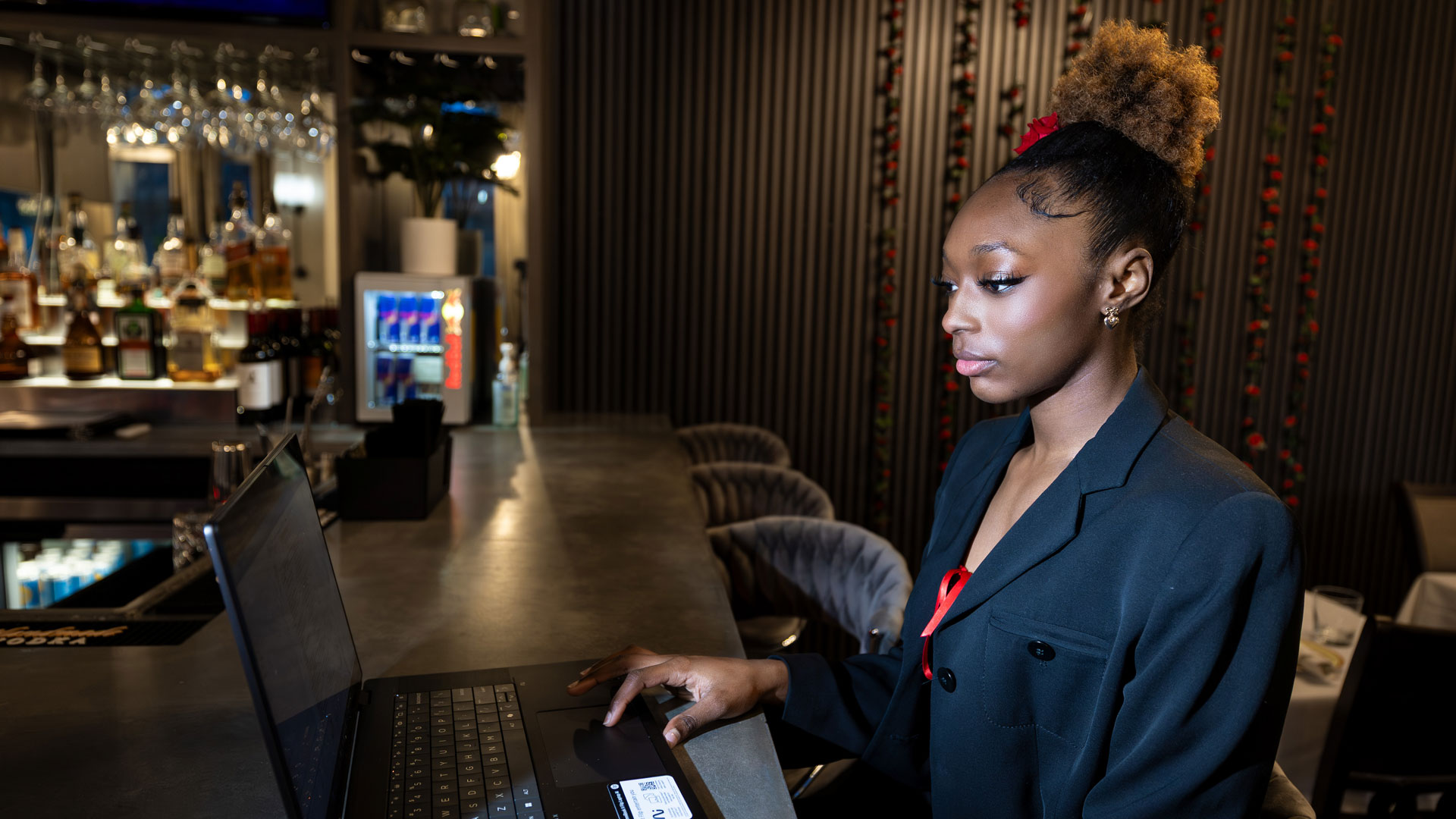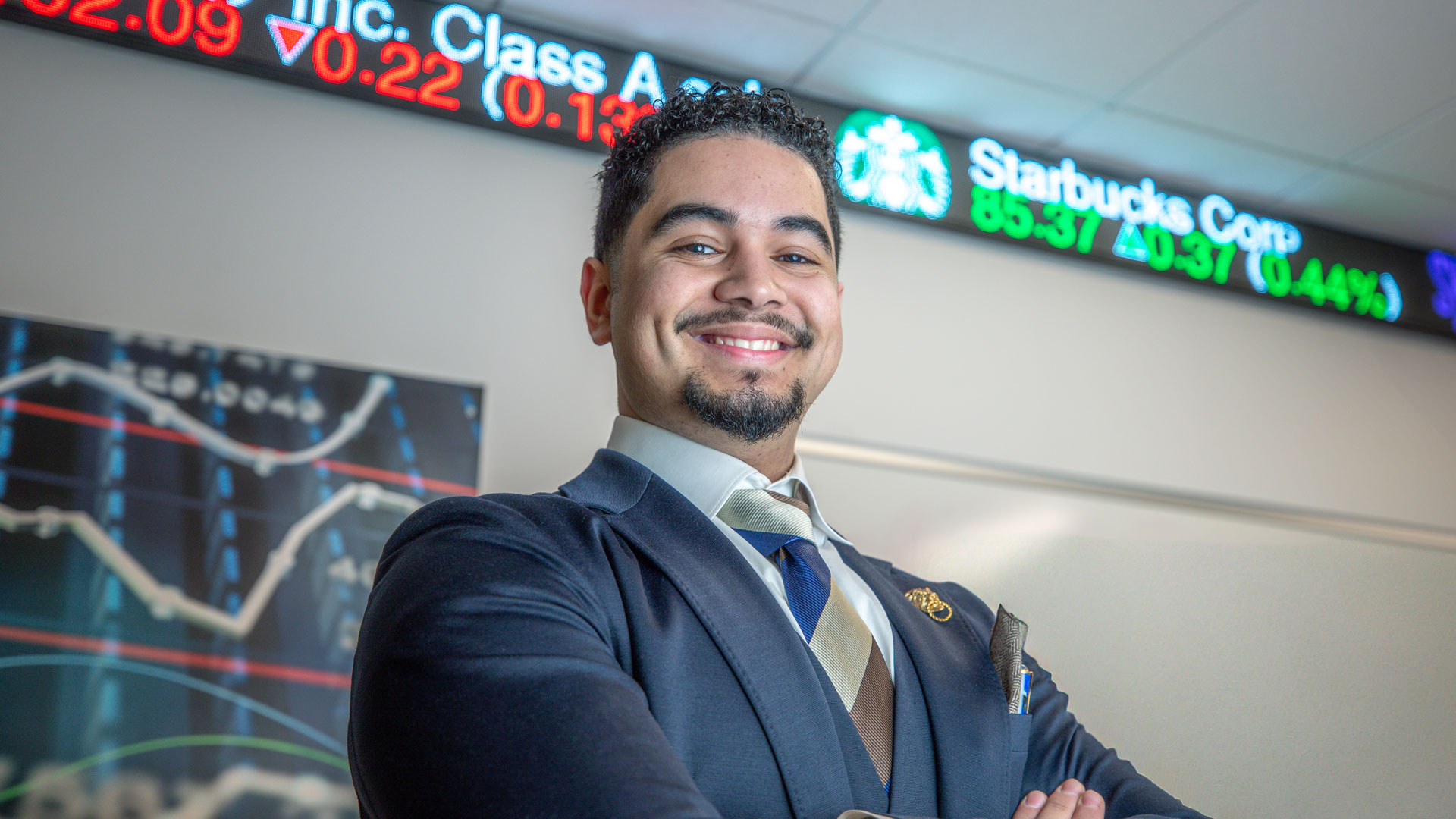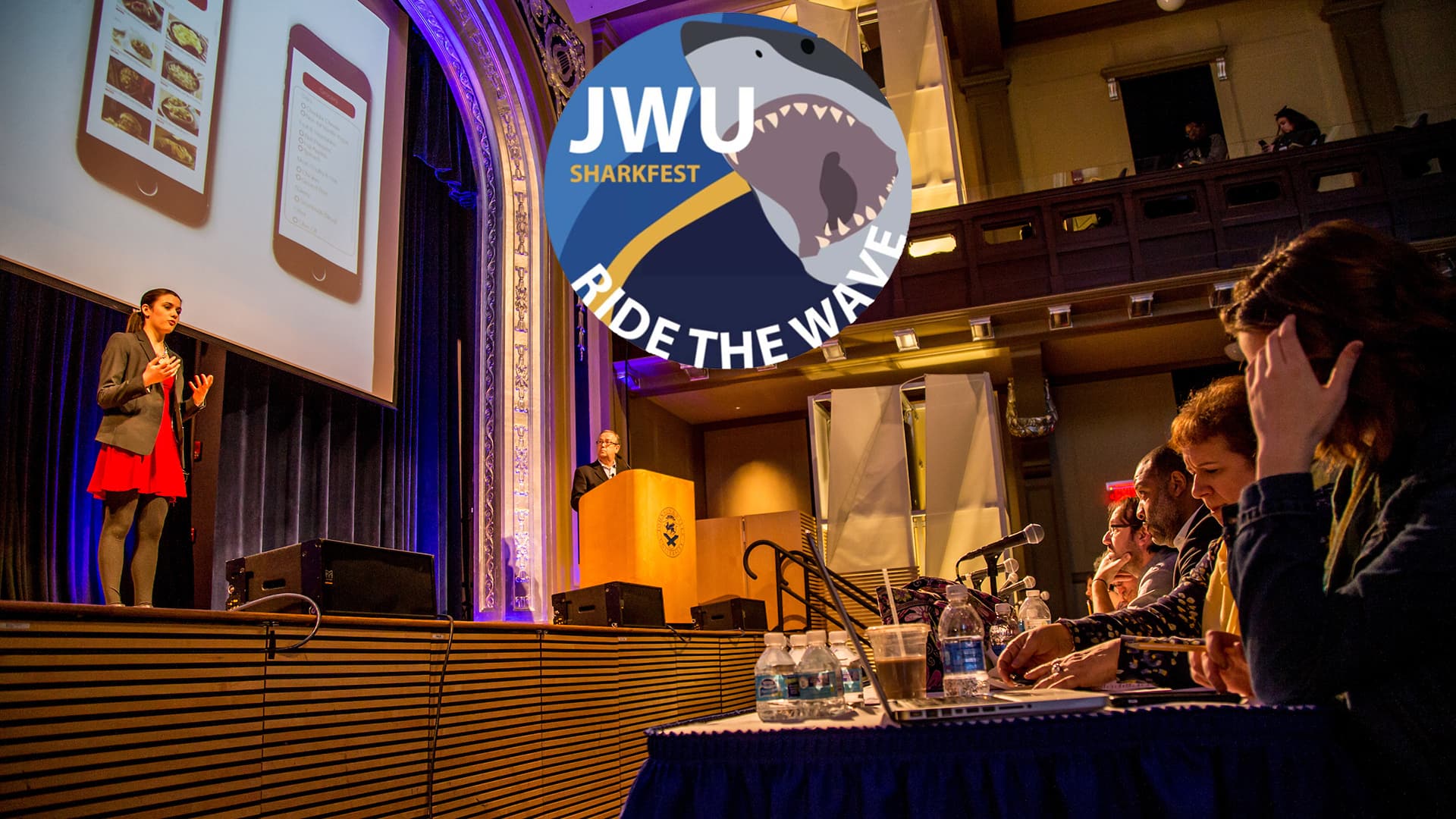Students Present 4th Annual SEEM Leadership Conference
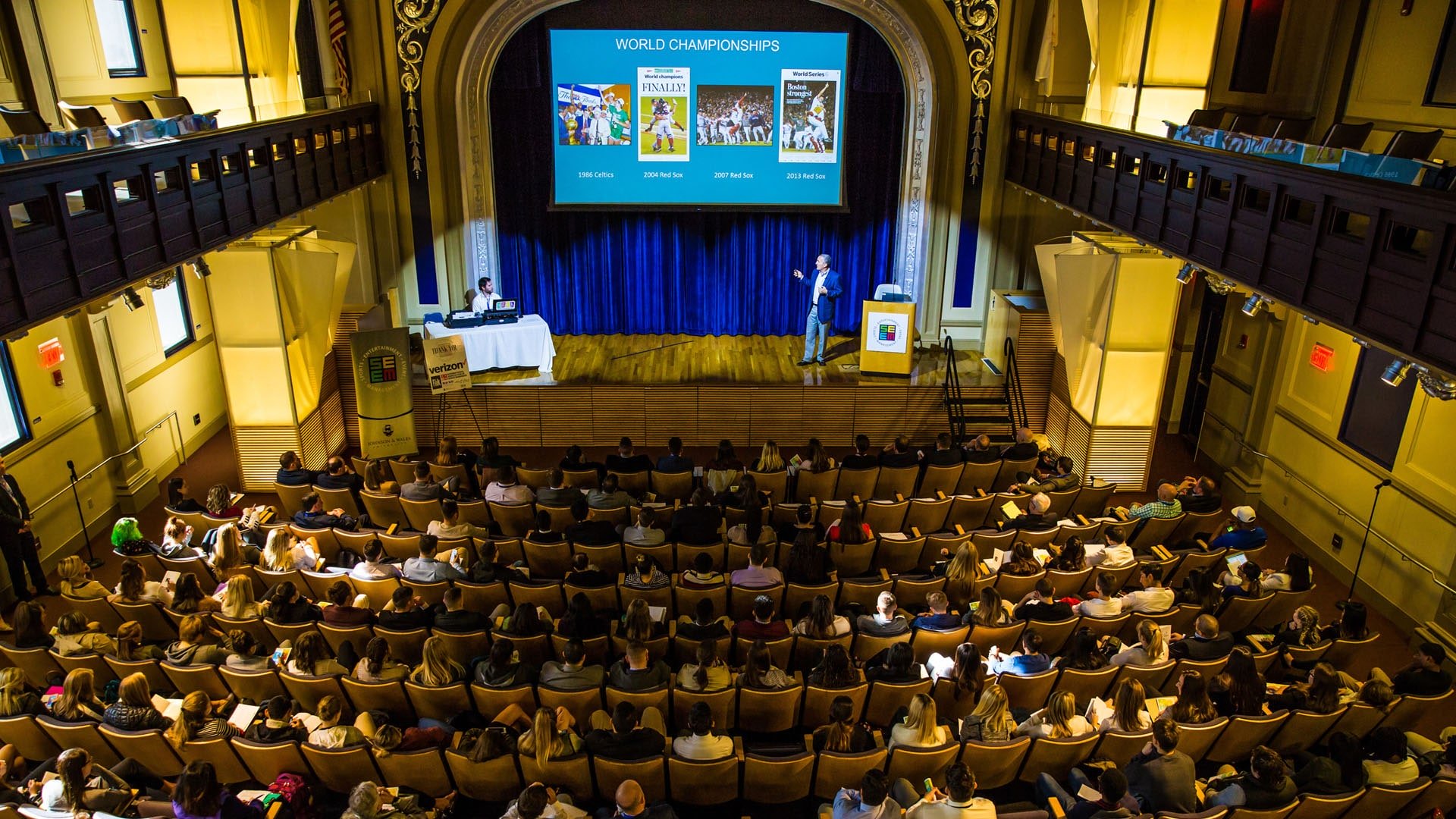
Industry experts. Networking opportunities. An "elevator pitch" competition. It's all at our Providence Campus each year during the SEEM Leadership Conference. And it's all designed, planned and executed by students in the Sports, Entertainment, Event — Management (SEEM) major in JWU's College of Hospitality Management.
This year’s 4th annual conference brought industry leaders from all over the country to JWU to speak to students about career paths, give advice, and even recount their own experiences on their way to becoming leaders in their field.
The conference was an idea hatched several years ago by Associate Professor Patrick Leary, who dreamt of an event that would blend the SEEM major with the experiential education opportunities that are in JWU’s DNA. The designing, planning and execution of the event are part of a Directed Experiential Education (DEE) course, allowing students to receive credit for their work and industry experience before they graduate.
And the end result — the conference itself — offers an invaluable opportunity for students to hear from and network with industry leaders. Take, for example, this year’s professional panel: Jason Guyot, vice president of resort operations & development for Foxwoods Resort & Casino; Kenneth Gaber ’06, general manager of Delaware North Sportservice at Miller Park with the Milwaukee Brewers; and Jana Brooks, manager of events and tenant services for the Maryland Stadium Authority. While the three panelists come from different backgrounds and different parts of the country, they all agreed that the most important thing students can do is look for opportunities in the industry now. “Start today. You’ll learn a lot just by being [in a job or internship],” said Gaber. “Keep moving forward.”
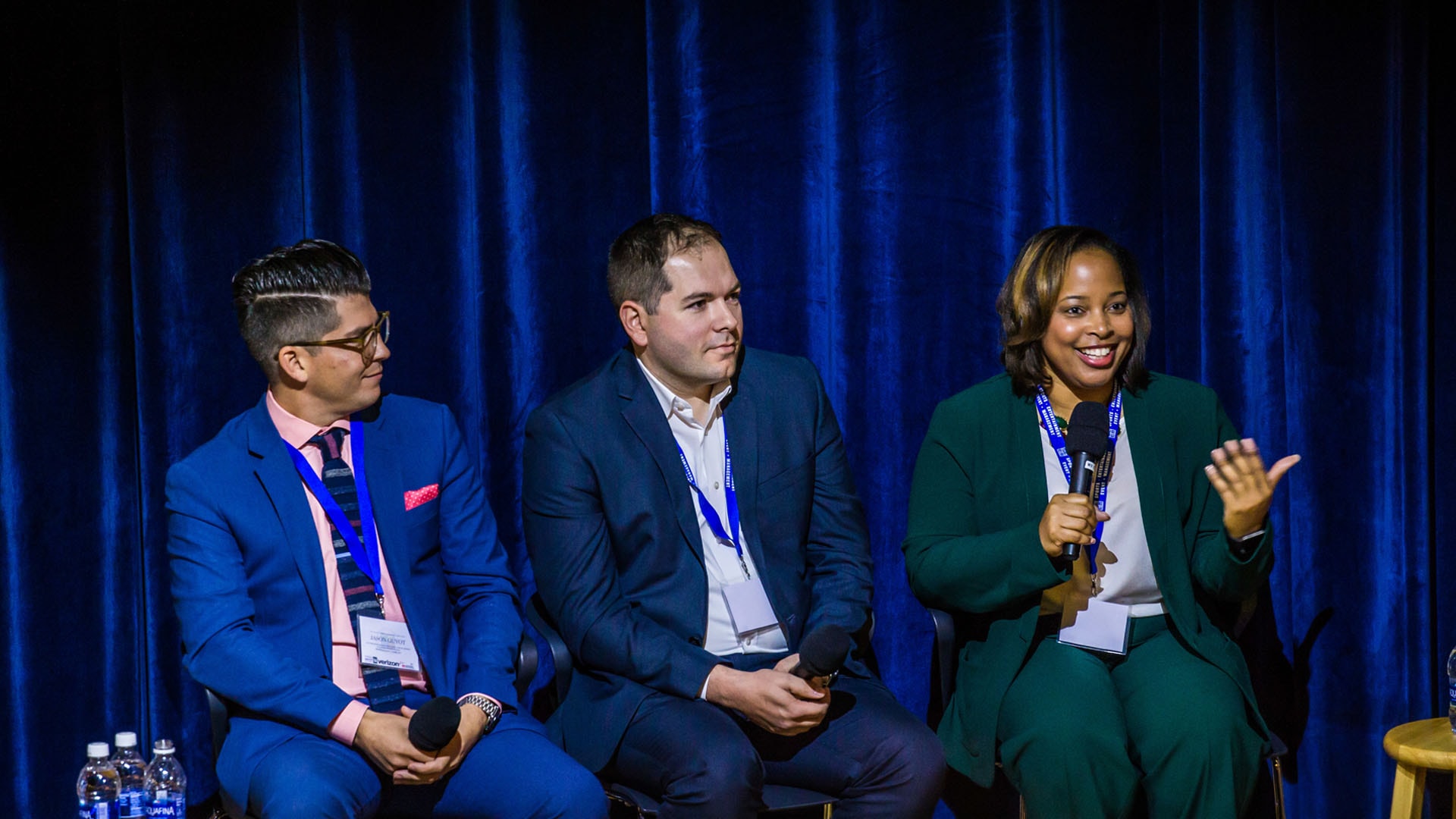
"You have to be interested in the right aspects of the industry to succeed."
Students also got to hear from a panel featuring JWU alumni who have become leaders in the SEEM industry — like Elizabeth Craighead ’09, who is a hospitality event producer for Live Nation Entertainment, handling their sponsorship-driven events. Craighead is the first to say that her job is nontraditional (“I have an office, but haven’t been there in [three weeks]!”), and her responsibilities run the gamut: planning and production, VIP and sponsor management, travel coordination, catering, etc. “While it's glamorous at times, it's not always,” she said. “I’m in the entertainment industry but don’t rub elbows with every celebrity at the events I work on. You have to be interested in the right aspects of the industry to succeed.”
But the highlight of the conference is, without a doubt, the annual elevator pitch competition. Students who choose to participate are split into three categories (sports management, entertainment management and event management) based on their area of interest within the industry. They then prepare a 30-second “elevator pitch” about themselves and their qualifications to judges (who are industry experts) representing each category. After the students present their pitch, the judges provide feedback and decide on 1 student from each category to move on to the next round, where a winner of the entire competition is chosen. This year’s first-place prize? 2 tickets to the observatory at the top of One World Trade Center in New York City.
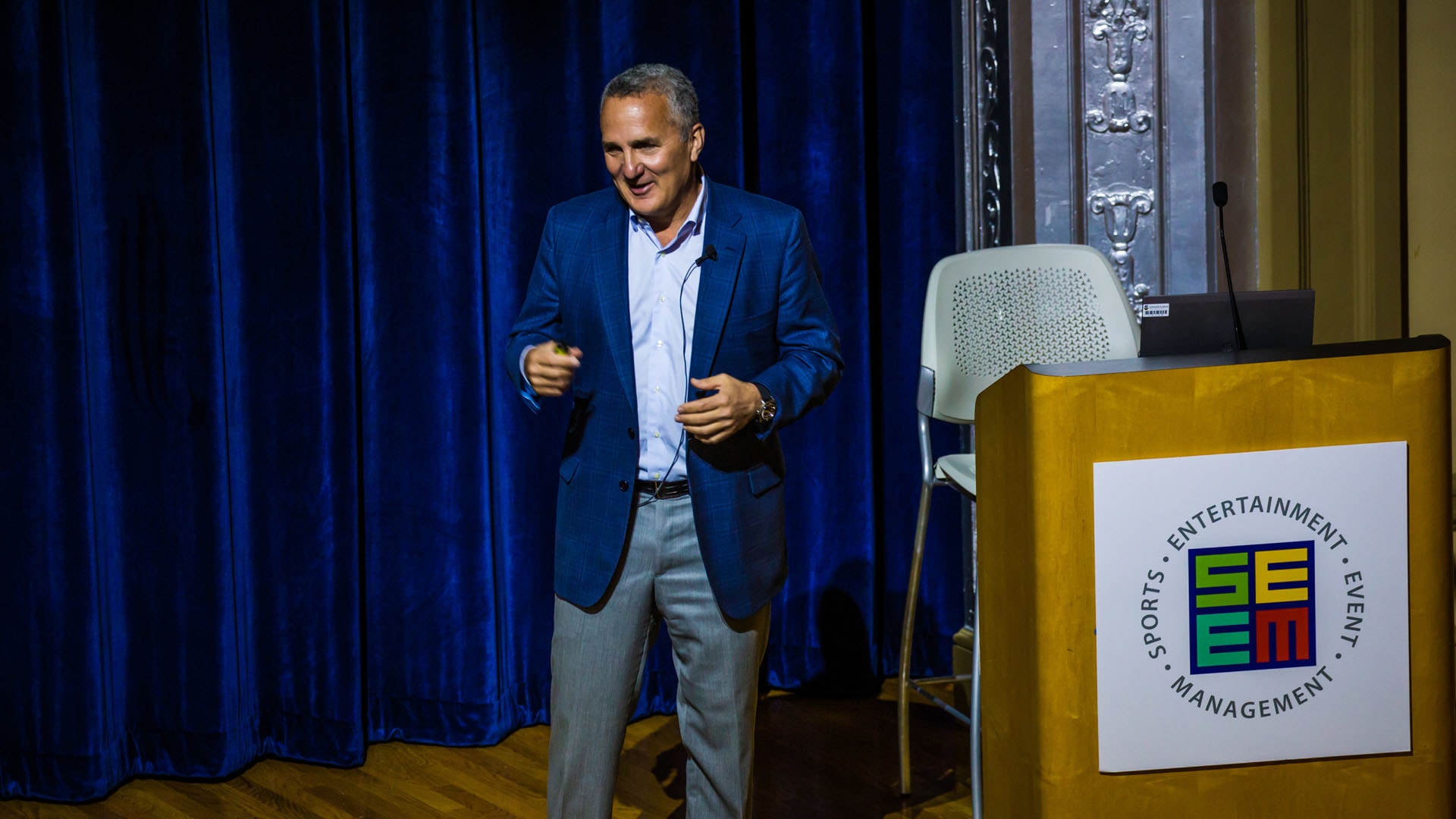
An alumni networking event that evening for past and present SEEM majors and a hospitality career fair the following day (which boasted over 160 companies and 600 interview spots on campus) rounded out the conference itinerary.
It’s an event that takes organization, vision and collaboration to execute. And Leary says that’s the point: “The biggest lesson is that you can’t do this on your own.”
